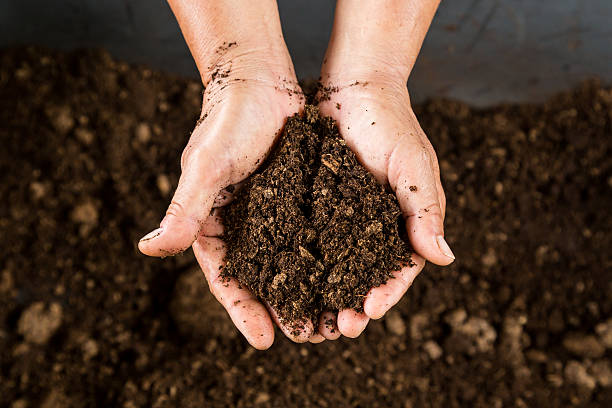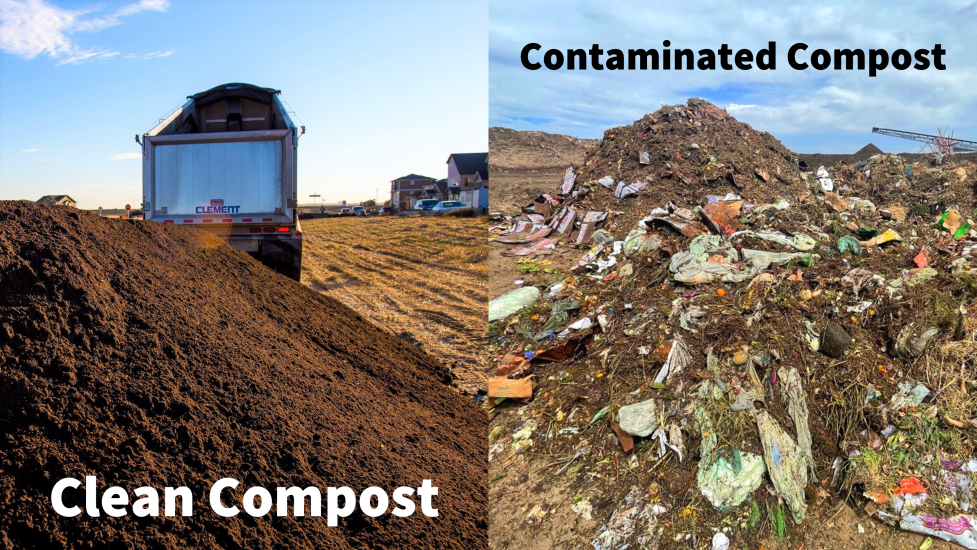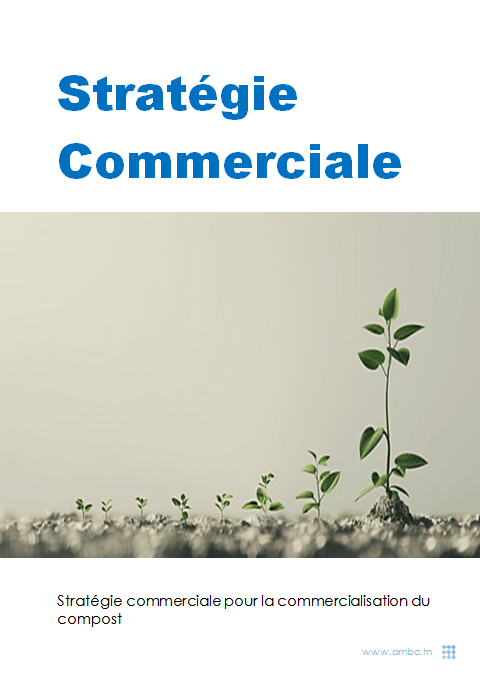Introduction
Composting is a sustainable waste management process that transforms organic waste into high-quality compost, enriching soil and promoting healthy plant growth. Through controlled fermentation, organic materials break down into nutrient-rich amendments that improve soil structure, water retention, and fertility. This natural compost serves as an eco-friendly alternative to chemical fertilizers, reducing pollution and enhancing soil health. It also plays a key role in the circular economy by reducing waste sent to landfills and lowering greenhouse gas emissions. Widely applicable for agriculture, landscaping, and gardening, composting offers a cost-effective and environmentally responsible solution for managing organic waste.
What is compost fermentation?
Compost fermentation refers to the controlled process of breaking down organic materials (such as food scraps, yard waste, and agricultural residues) by microorganisms under anaerobic (without oxygen) or aerobic (with oxygen) conditions. The term « fermentation » in composting is often associated with anaerobic fermentation, where microorganisms such as bacteria, fungi, and other decomposers break down organic material into simpler compounds. The process results in the production of compost, a valuable soil amendment.

Why value organic waste and food scraps ?
- Pollution reduction
By converting food waste into compost, it prevents the accumulation of waste in landfills, where it would produce greenhouse gases like methane. This helps to reduce air and water pollution.
- Improved soil quality
Compost enriches the soil with essential nutrients, improves its structure, water retention, and biodiversity, promoting sustainable agriculture and better crop productivity.
- Reduction of landfill waste
Valuing food scraps reduces the volume of waste sent to landfills or incinerators, contributing to more sustainable waste management.
- Circular economy
Transforming waste into a reusable resource (compost) creates a closed-loop system where waste becomes useful products, reducing dependency on external resources and disposal costs.
- Reduction of chemical fertilizer use
Compost, being a natural and organic alternative, helps reduce the reliance on chemical fertilizers, which are often responsible for soil and groundwater pollution.
- Awareness and positive impact
The valorization of food waste encourages collective awareness of resource management and the need to preserve the environment for future generations.

The advantages of recovering organic waste through composting
The valorization of organic waste through composting offers numerous environmental and economic benefits. By converting food scraps and other organic materials into compost, this method reduces the amount of waste sent to landfills, thereby limiting the release of greenhouse gases like methane. Composting also enriches the soil, improving its structure, water retention capacity, and fertility, which supports sustainable agriculture. It provides a natural alternative to chemical fertilizers, reducing soil and groundwater pollution. Supporting the circular economy, composting promotes the reuse of local resources, while also generating economic benefits for municipalities and farmers. Additionally, it raises awareness among citizens about responsible waste management. Overall, composting stands as an ecological, cost-effective, and beneficial solution for the planet.
Agronomic benefits
The agronomic benefits of composting are numerous and crucial for sustainable agriculture. Compost enriches the soil with essential nutrients like nitrogen, phosphorus, and potassium, promoting healthier plant growth and improving crop yields. It enhances soil structure, making it more fertile and easier to cultivate, while also improving water retention, reducing the need for frequent irrigation. Composting supports the growth of beneficial microorganisms, which further boost soil health and help in nutrient cycling. Additionally, it helps to regulate soil pH, making it suitable for a wider range of plants. Overall, composting not only contributes to the environment but also provides tangible benefits for agricultural productivity and soil sustainability.
Environmental benefits
The environmental benefits of composting are profound and essential for fostering a sustainable future. By diverting organic waste from landfills, composting reduces methane emissions, a harmful greenhouse gas. It also improves soil health by enriching it with organic matter, enhancing water retention, and reducing erosion. Additionally, composting helps reduce the reliance on chemical fertilizers, which can pollute water systems and harm biodiversity. By conserving water and promoting healthier ecosystems, composting contributes to a more sustainable and balanced environment. Ultimately, it plays a vital role in reducing waste and supporting the circular economy.
INSIGHTS

Technical solutions

About AMBC

Sustainability

Continuous improvement
PROJECT STUDY
French version

Project Strategies
Business plan for a composting unit
French version

Project Strategies
Technical solution to reduce composting time
French version

Project Strategies
National and international strategy
